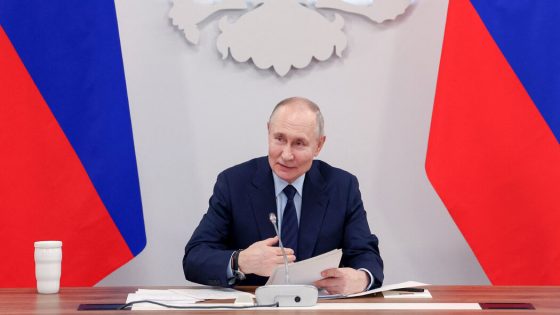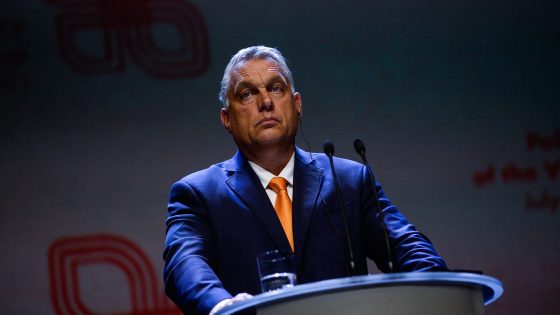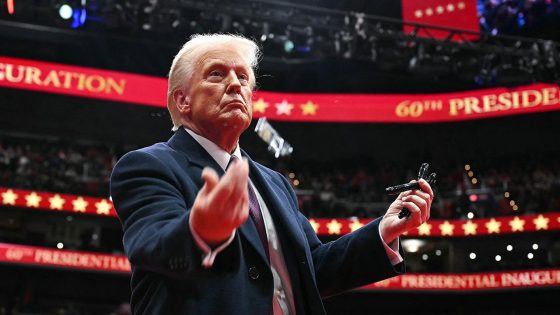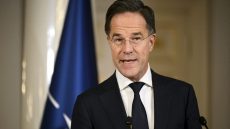At the 2025 Munich Security Conference, U.S. officials indicated a potential shift in American foreign policy that could align with Russian President Vladimir V. Putin’s longstanding ambitions for greater influence in Europe. This meeting, reminiscent of Putin’s 2007 call for a new balance of power, raised concerns among attendees regarding the implications for European security.
- Putin's 2007 demand for power balance
- Initial U.S. rejection of Putin's vision
- Trump's cabinet hints at alignment with Russia
- Concerns over U.S. abandoning Europe
- Analysts warn of significant geopolitical shift
- Kremlin's long-term goal to oust U.S. influence
Putin’s desire for a more substantial role in European affairs has been evident since his 2007 address at the Munich Security Conference, where he criticized U.S. dominance. Nearly two decades later, comments from Defense Secretary Pete Hegseth and Vice President JD Vance hinted at a U.S. administration that may be more receptive to Russian interests, alarming European leaders.
Analysts believe such a realignment could grant Putin a significant victory, potentially undermining the established security framework in Europe. Key points of concern include:
- Increased Russian influence in European politics.
- Potential abandonment of European allies by the U.S.
- Long-term implications for NATO and collective security.
Experts like Andrew S. Weiss from the Carnegie Endowment for International Peace emphasize that the Kremlin has long sought to diminish America‘s role in European security. The current U.S. administration’s stance could provide Putin with an opportunity to advance his objectives more effectively than in previous years.
The discussions at the Munich Security Conference signal a potential shift in U.S. foreign policy that may embolden Russia. This development raises critical questions about the future of European security and the stability of international alliances.

































